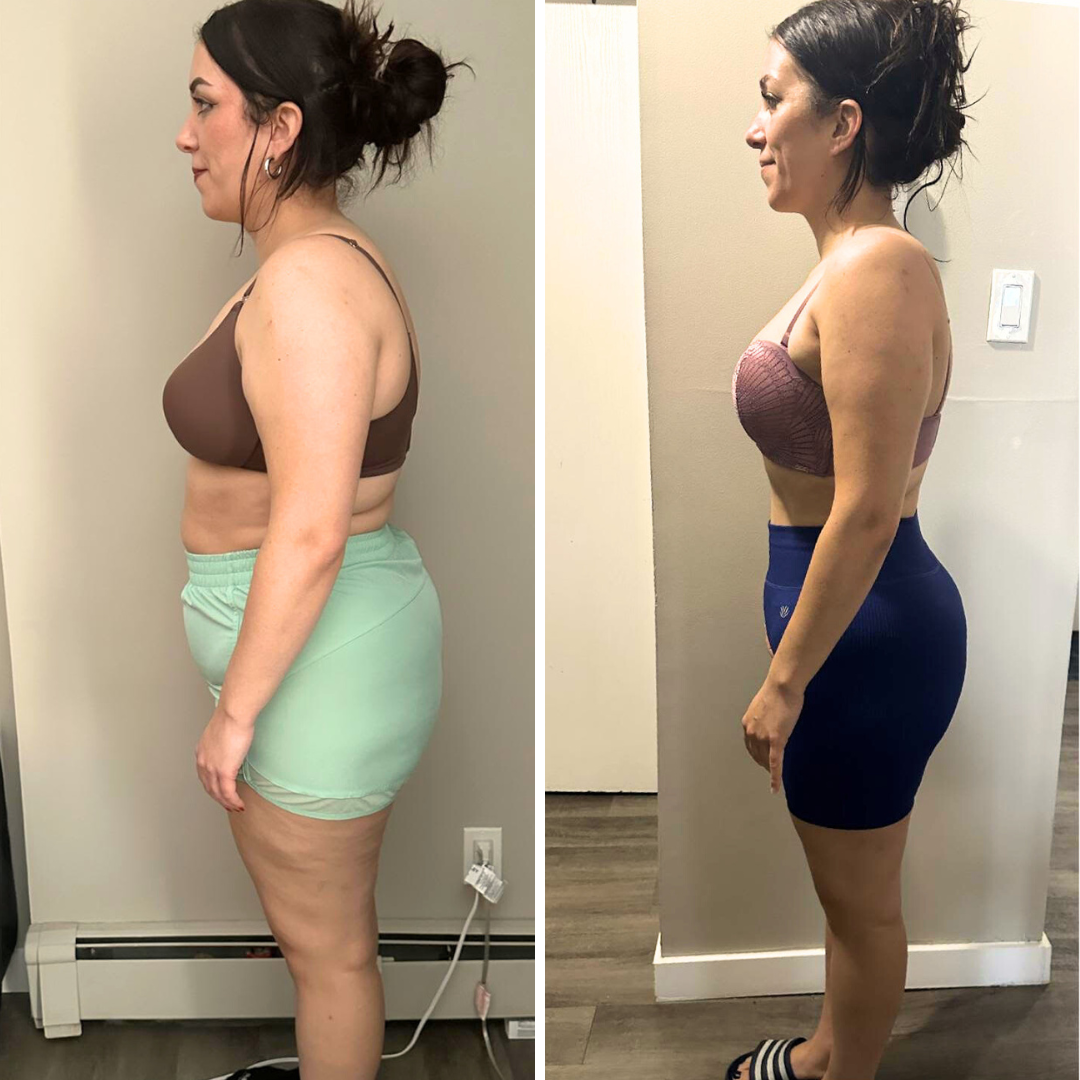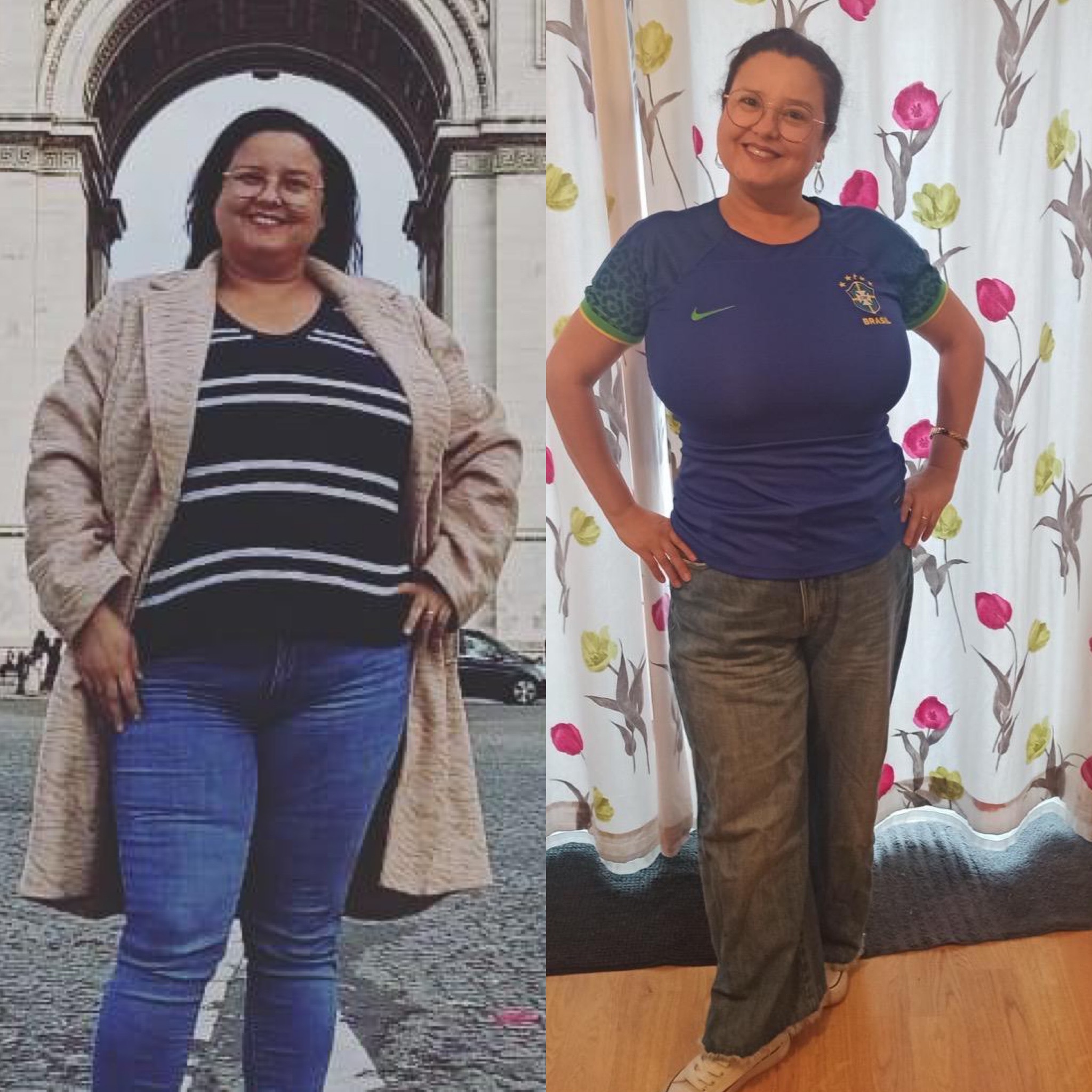Sports Nutrition: Nutrition Strategies for Optimizing Athletic Performance

What is sports nutrition?
When we talk about sports nutrition we are not only talking about elite athletes or marathon runners. If you practice sports regularly or attend the gym regularly and want to optimise your performance and body composition, sports nutrition is also for you. The professional qualified to help you is a sports nutritionist.
A sports nutritionist will look into your body composition, training schedule, body type, and dietary habits and create a tailored plan for you. Nutrition plays an essential part in gaining muscle and increasing performance and fitness. Many gym fans want to achieve their six-pack. So a correct diet can speed up the process. Knowing what to eat before and after exercise, as well as what to eat on rest days is crucial to optimise your fitness results. As for those who compete, having the right nutrition plan in place is a must as you don’t want to mess up on competition day with foods that might cause discomfort or don’t provide enough energy. So planning the right nutrition is vital for success. On top of that eating the right amount of macronutrients (protein, carbohydrates and fats) and micronutrients (vitamins and minerals) will enable you to gain muscle and lose body fat achieving a leaner and lighter body which is desirable by most sports people.

How does sports nutrition can help your performance?
Sports nutrition can enhance your performance in many ways. There are many points to consider: diet, timing of eating, hydration, supplements, planning and rest days.
Firstly, the most important part is to evaluate and implement an individualized nutrition plan with the right macronutrients:
Carbohydrates: the first source of fuel in our body, will provide energy and store energy in the muscle so you avoid fatigue. Note that depending on the time you eat, the sports nutritionist will recommend simple or complex carbs. Typically, you eat complex carbs before your training session and simple carbs after training if the goal is to gain muscles. Complex carbs should be consumed up to 1hour before the training sessions as they release energy slower to your metabolism.
Simple carbohydrates include ripe banana, honey, white rice, white toast, white pasta, skinless potatoes
Complex carbs: brown bread, brown rice, sweet potatoes, porridge, unripe banana, fruits, vegetables
Proteins are an important macronutrient for sports nutrition. The amino acids in protein are the building blocks for muscle. In combination with the right amount of carbohydrates, they will enable you to either maintain or gain more muscle mass. The amount of protein sports people should consume will vary depending on the amount of exercise they do, but typically is calculated as follows:
1.1g – g of protein x body weight = daily amount of protein for sports people
Protein should be consumed in all meals, but the key is to have the right amount after exercise to replenish your muscles as it will be working up to 12 hours after exercise.
Sources of animal protein: chicken, fish, eggs, meat, whey protein powder
Sources of vegetarian protein: edamame beans, beans, lentils, tofu, plant-based protein powder
Fats – when we talk about fats we are talking about natural fats, that come from natural foods like olive oil, oily fish, nuts, seeds, avocados and so on. Fats are important for hormone production, brain function, joints and energy. As a sports person is in constant activity, the right balance of fats is important for their body to perform well. Some fats like oily fish (salmon) also are high in omega 3 which has been shown to help to speed muscle recovery and diminish muscle damage post-exercise.
Sources of fats: salmon, trout, tuna in oil, olive oil, nuts, peanuts, hummus, avocado, seeds
Timing of meals
The meal plan for sports nutrition is very precise, so the timings to eat is very controlled.
Pre-workout: combine complex carbohydrates+ protein
E.g. greek yoghurt+low sugar granola/toast with peanut butter / boiled egg+
Post-workout: combine simple carbs and protein
E.g. rice+chicken / beans and rice/wrap with tuna
Hydration:
Keeping the right hydration is important for all the cells of our body to work properly. Good hydration promotes better concentration and avoids crumps. Is suggested to drink small sips throughout the exercise to hydrate your body gradually and don’t feel too full.
Depending on the sports and the day, the nutritionist can guide you on hydration before, during and after exercise.
The amount of water recommended per day will depend on the body weight.
How to calculate:
35ml x body weight = total of water in litres recommended per day
Supplements: there are so many information and sports supplements out there. Some are good and some are not necessary.
My top supplements that are backed up by research and can enhance performance, recovery and building muscles are:
Glutamine -helps to regenerate all the cells in our body, prevents muscle damage and promotes muscle building.
BCAA – helps to improve performance and recovery and muscle building
Whey protein isolate and hydrolyzed – easily absorbed protein, helps to build muscle, speed recovery and is very versatile for sports
Creatine – promotes muscle gain
Vitamin D – higher levels of vit D in sports people are linked to fewer injuries and better performance
Magnesium – supports muscle and nerve function
Other important components for sports nutrition:
Micronutrients: a diet high in vitamins and minerals coming from fruit and vegetables will provide optimal health for the athlete to perform. Antioxidants present in fruits and vegetables can also help with recovery and muscle damage.
Electrolytes – they are the minerals essential for nerves and muscle function the main ones are: chloride, potassium and sodium. They help to avoid crumps and keep water balance.
Caffeine – improves performance, energy and concentration. Many sports supplements are loaded with caffeine, but a pure and plain double espresso will do the job!
What else can I do to optimise my performance through nutrition?
As well as practising all the above, implementing healthy eating habits is essential for the plan to be sustainable. If you take sports life seriously, you want to have a balance with social life as well.
Learning about healthy choices in restaurants or when travelling is important so you can enjoy your rest days. A good knowledge about how to choose the best brands of supplements, protein bars and so on is also an essential skill.
A sports nutritionist will be able to teach all the necessary skills to keep it as a lifestyle.
Monitoring progress
As mentioned before, sports nutrition is a very precise diet, which is calculated in detail and takes into consideration many individual aspects. Changing the diet plan is recommended every 6-8 weeks. Monitoring body composition changes like body fat loss and muscle gain is also recommended at the same time your nutritionist changes your diet.
Sports nutrition for training day and competition day
A very important part of the whole process is to have a different nutrition strategy for competition day. It is very effective and one strategy that has been gaining popularity is ‘to train low and compete high carb’. This strategy enables your body to perform better, giving you a boost of energy that lasts longer.

In conclusion, if you are a frequent gym user, a sports person or an elite athlete, sports nutrition is vital to improve your body composition and performance making the most of your training. A sports nutritionist will be able to do a detailed diet and supplements for you. In our clinic, we use one of the best body composition analyses to check muscle and body fat percentages. If you are looking to take your performance and body composition to the next level in a short period, book your consultation here.
Get an action plan with a Free Assessment!
Get personalized insights to enhance your well-being and achieve your goals. In this 15-minute video call, we will listen to you and guide you on what you need to do.
Schedule Your Free AssessmentRecent blogs







